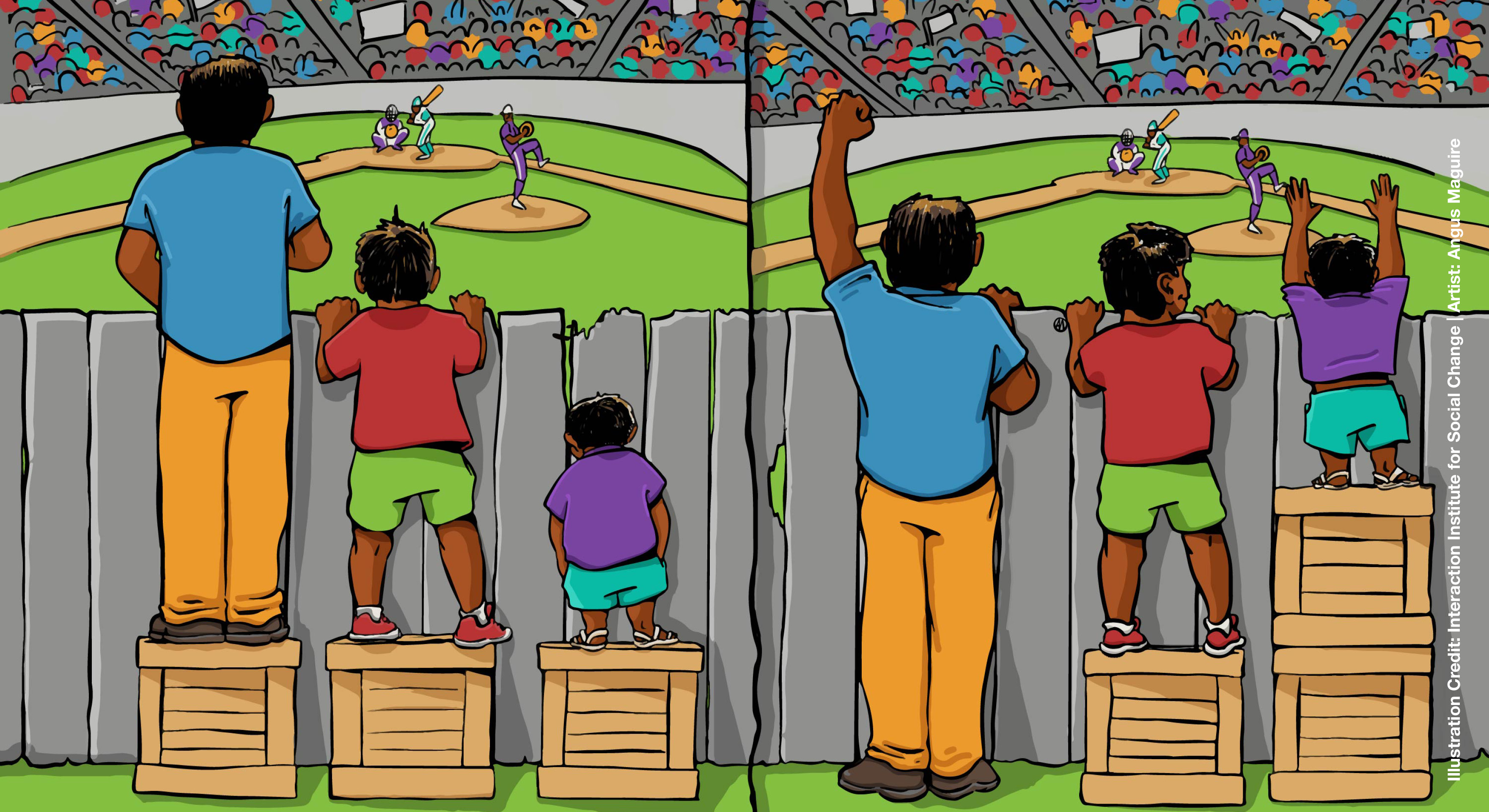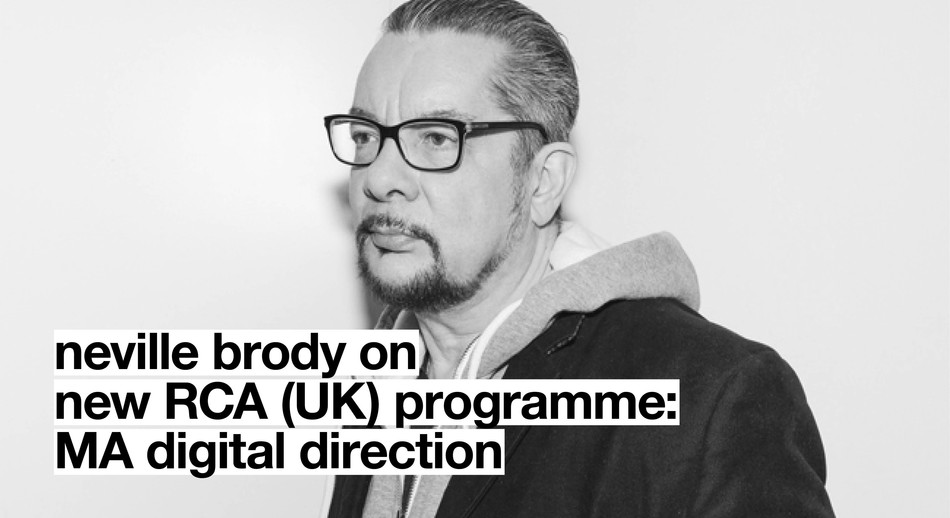DISCUSSION HIGHLIGHTS ON DESIGN

07.01.2009 Features
The following article was published by the World Economic Forum's Network of Global Agenda Councils. Members of these 68 Councils are collaboratively addressing some of the worldÂ’s key issues with the aim of laying out solutions to the pressing challenges. Council Members are among the worldÂ’s leading and most influential thinkers. The following is the resulting discussion highlights on Design from the Summit on the Global Agenda that took place in Dubai, United Arab Emirates, from 7-9 November 2008.
This article reflects work that is still in progress and it will continue to be updated and revised. The views expressed here emerged from the Council meeting and do not necessarily reflect the views of the World Economic Forum or those of all the Council Members.
Throughout history, design has been an agent of change. It helps us to understand the changes in the world around us, and to turn them to our advantage by translating them into things that can make our lives better. Now, at a time of crisis and unprecedented change in every area of our lives - economic, political, environmental, societal and in science and technology - design is more valuable than ever.
The crisis comes at a time when design has evolved. Once a tool of consumption chiefly involved in the production of objects and images, design is now also engaged with developing and building systems and strategies, and in changing behaviour often in collaboration with different disciplines.
Design is being used to:
- Gain insight about people's needs and desires;
- Build strategic foresight to discover new opportunities;
- Generate creative possibilities;
- Clarify, illustrate and communicate complex information;
- Invent, prototype and test novel solutions of value;
- Deliver solutions into the world as innovations adopted at scale.
In the current climate, the biggest challenges for design and also its greatest opportunities are:
Well-being - Design can make an important contribution to the redefinition and delivery of social services by addressing acute problems such as ageing, youth crime, housing and health. Many designers are striving to enable people all over the world to lead their lives with dignity, especially the deprived majority of the global population - "the other 90%" who have the greatest need of design innovation.
Sustainability - Designers can play a critical role in ensuring that products, systems and services are developed, produced, shipped, sold and will eventually be disposed of in an ethically and environmentally responsible manner. Thereby meeting - and surpassing - consumers' expectations.
Learning - Design can help to rebuild the education system to ensure that it fits its purpose in the 21 century. Another challenge is to redefine or reorient the design educational system at a time of unprecedented demand when thousands of new design schools are being built worldwide and design is increasingly being integrated into other curricula. Designers are also deploying their skill at communication and visualisation to explain and interpret the overwhelming volume of extraordinarily complex information.
Innovation - Designers are continuing to develop and deliver innovative new products at a turbulent time when consumer attitudes are changing dramatically, thereby creating new and exciting entrepreneurial opportunities in the current crisis. They are increasingly using their expertise to innovate in new areas such as the creation of new business models and adoption of a strategic and systemic role in both the public and private sectors.
Building on our virtual discussions with the entire Global Agenda Council on Design, the members present in Dubai began the process of assembling an archive of relevant case studies to illustrate design's impact in all of these fields. We are all committed to disseminating this information to other Councils using the WELCOM platform.
During the meeting in Dubai we were approached by numerous other Councils individually and collectively and asked to engage with them on different issues of common concern. For example, the Global Agenda Council on Climate Change invited us to help them raise public awareness of the gravity of global warming by developing imaginative and inspiring ways of visualising the problem. The Global Agenda Council on Demographic Shifts was especially interested in the development of design-led solutions to problems of ageing. Similar requests were made by the Global Agenda Councils on Terrorism, Global Governance, Water Security, Future of Entertainment and HIV/AIDS, among others.
The Council on Design also developed plans for an important educational initiative to encourage design schools all over the world to address the specific problems faced by each of the World Economic Forum's Global Agenda Councils. Individual members made commitments in Dubai for their organisations to collaborate with local design schools on this project and will now encourage colleagues to follow suit.
By working in collaboration with fellow Councils and the World Economic Forum, the Members of the Global Agenda Council on Design are committed to ensuring that design fulfils its potential to help to stabilise the current crisis and to build a better world.
Download the issue description (PDF - 176 KB)

relatedarticles

goodbye! and next steps for colleague and friend alexey lazarev

explorations in ethical design: meditations on equality

RCA launches new programme: MA Digital Direction

Interview | Ermolaev Bureau (Moscow)
